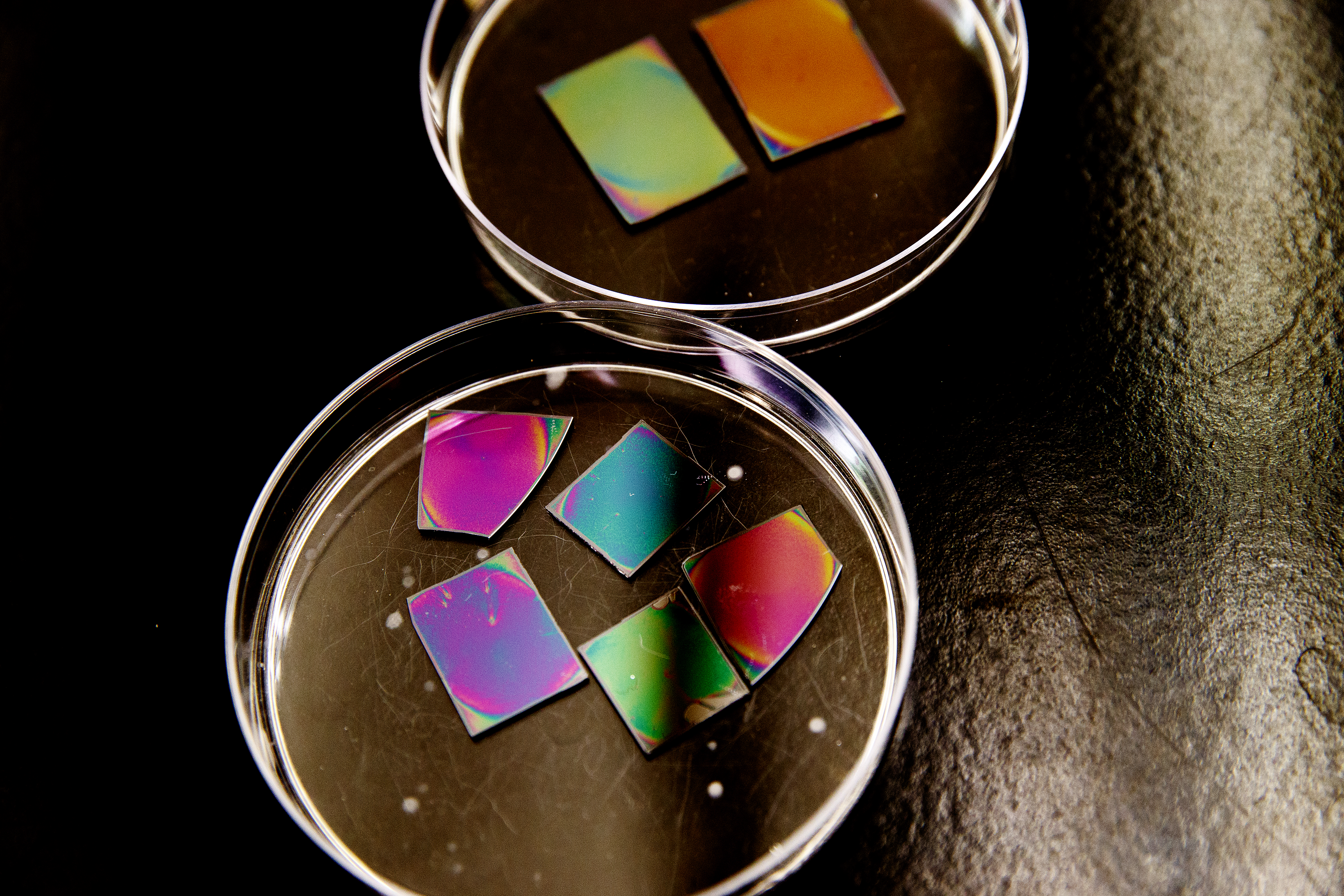
Cars powered by fuel cells have been an environmentally friendly option for several years, at least in California where drivers can fill up on hydrogen. But their hefty price tags compared to vehicles with traditional combustion engines are much less friendly, curtailing widespread adoption.
University of Nebraska–Lincoln engineer Shudipto Dishari aims to both reduce the cost and improve the energy efficiency of hydrogen-based fuel cells and related energy conversion and storage devices. She earned a five-year, nearly $600,000 Faculty Early Career Development Program award from the National Science Foundation to continue her research.
“The fuel cell is a pretty cool technology,” said Dishari, assistant professor of chemical and biomolecular engineering. “It’s green technology. It produces electricity without creating harmful gases like carbon dioxide and carbon monoxide, so it will help us reduce the global carbon footprint.”
Hydrogen-based fuel cells generate electricity through a chemical reaction between hydrogen and oxygen that produces water and the electrons used to power, say, a car engine. They rely on electrolytes to carry charged hydrogen particles, which have been stripped of their electrons, through the system as well as a catalyst to help speed the reaction. The hydrogens’ electrons are redirected to provide electricity and perform their job.
Dishari’s research focuses on proton exchange membrane fuel cells in which the electrolyte is a permeable polymer. However, the interface between the catalyst and nano-thin polymer coating on the electrolyte conducts charged particles poorly, reducing efficiency.
Dishari aims to better understand this interface conductivity and design new materials that improve energy efficiency and cost less. These new polymers will create channels inside the polymer layers so that charged particles will move easier and faster across the system, making fuel cells more energy efficient.
Dishari will use a fluorescence confocal microscope available at Nebraska’s Morrison Microscopy Core Research Facility, part of the Center for Biotechnology, to obtain three-dimensional images that illustrate how charged particles move across the materials, among other information.
Cars powered by fuel cells have been commercially available for only a few years, but hydrogen-based energy sources have been available in a wide range of applications that continue to expand. They’re used to power warehouse forklifts and other machinery, large data centers and cellular towers when a backup energy source is needed. The U.S. space industry has used fuel cells in space shuttles, while the military uses them as portable energy sources.
Dishari said her research into nano-thin polymer systems will also improve understanding of other energy conversion and storage device systems, such as lithium batteries, semi-conductors and natural biochemical systems.
Her award also allows her to help educate the next generation.
“My goal is to inspire and prepare students to work in the renewable energy field,” she said.
Dishari plans to create a video series illustrating the professional journeys of successful people in the energy sector.
“Students often lack enough guidance and knowledge to make informed career choices,” she said. “Through this video series, I would like to educate students about renewable energy and inspire them to pursue careers in engineering fields.”
Dishari also will survey Nebraska high school students to determine their level of knowledge regarding renewable energy. The information will help educators improve STEM education statewide.
The NSF grant, known as a CAREER award, supports pre-tenure faculty who exemplify the role of teacher-scholars through outstanding research, excellent education and the integration of education and research.










